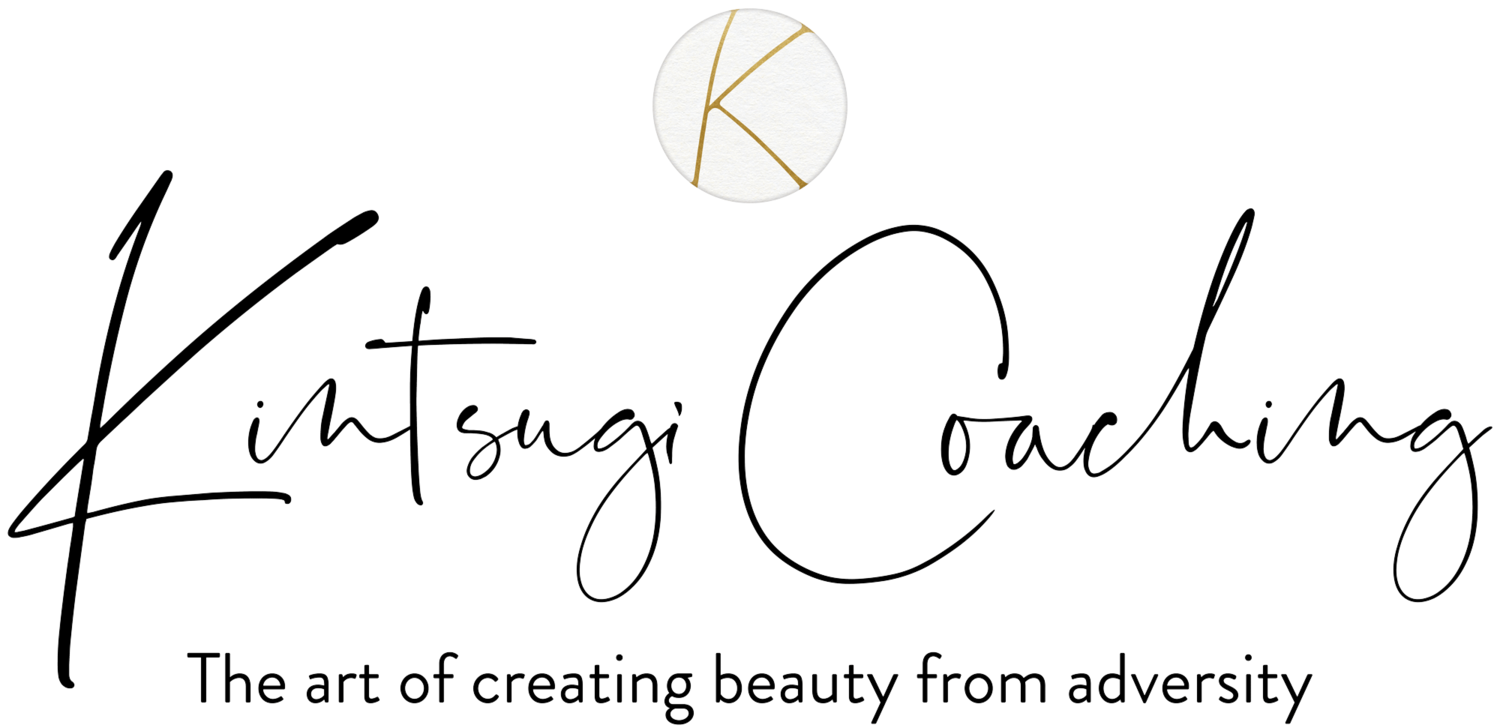7 Tips to Avoid Therapy
Some of you may not be aware that, when I am not composing best-sellers, I am a practicing soul coach. I used to say, “therapist” but painful, past experience proved that leading off with that particular title can be, shall we say, off-putting for some folks. I’ve had people at parties slip silently away after hearing what I do, while others smile and change the subject. Once in a while, a person would respond, “Oh, a massage therapist?” It doesn’t sound very appealing to say, “No, psycho.” (A brief digression: the word psychotherapist when taken to its etymological origins means “to tend the soul.” But that’s not what most people think about. Most people think Bate’s Motel.)
People are hesitant to open a Pandora’s Box of screaming harpies and winged monkeys, and who am I to blame them? I understand the reticence; change is hard. Of course, therapy helps to deal with the root of one’s problems. Of course, it helps to create a richer, happier, more meaningful life. And yes, it provides new perspectives and expands one’s world. But it’s so … challenging. Wouldn’t it be great if there were an alternative? A way to avoid all the introspection and also avoid feeling unhappy or uncomfortable in your life?
Well, I have good news. You don’t have to be introspective or make any changes in order to feel better; there is an alternative. In my twenty-some years of practice and study, I have learned some valuable techniques for handling difficulties without delving into the depths. You can try one or all of these time-honored methods for avoiding unnecessary personal growth, depending on your particular inclination and circumstances. I realize that I may be putting myself out of a job by sharing these little tips, but I can’t help it. I’m a giver.
SEVEN TIPS TO KEEP YOU OFF THE COUCH
1. MAINTAIN PATTERNS. In times of change, holding fast to your rituals and habits is crucial to creating security. One of the things I tell my clients is, “Nothing changes unless something changes.” Don’t try doing something new or different and you won’t feel uncomfortable. Changing your way of being in the world will only serve to unbalance you.
2. STICK TO YOUR STORY. Do not allow other people’s thoughts or opinions to cause you to question what you know to be the Absolute Truth. Hold fast to your story about your life and your beliefs about the way things are and how that’s just the way it is, it can’t be helped, and don’t be swayed by other people’s points of view.
3. SEEK EXTERNAL VALIDATION. Conforming with what others in your circle are doing provides a sense of belonging and security in an uncertain world. Having the approval of the group is vital to one’s sense of self-worth. Find your peeps and tune out the rest of the noise. One caveat: make sure your tribe shares your views (See #3).
4. LISTEN TO YOUR FEAR. Your fear is a guide, telling you when you should avoid potentially dangerous new situations and keeping you from possible failure, judgment, and discomfort.
5. MEDICATE. It is very helpful to use nature’s natural remedies to deal with the pain and stress of modern life. Don’t be shy about binge eating, drinking, smoking, or pill popping: these things help ease the tension and keep one from unnecessary rumination.
6. PRETEND THAT THE PROBLEMS DON’T EXIST. You can simply tune out your problems. Ignore or push down the gnawing, ugly feelings and tell yourself that if you work more/buy something/dress better/try harder/wait longer/move elsewhere/exercise harder, the problems will go away. Remember, the past is the past; it has no bearing on the present or future.
7. KEEP BUSY. If you do nothing else, do this. The absolute most important rule for avoiding feeling uncomfortable in your life is to stay occupied. Focus on staying very busy. Utilize those electronic devices. This will take your mind off your problems and keep you proactive. Fortunately, the omnipresence of technology and the speed of life these days allows us to stay occupied and distracted 24/7. Staying busy keeps your mind from slipping into pensive reflection and contemplation. Remember: A busy day helps keep difficult feelings at bay.
So there you are, and you’re welcome. Oh yes, one last thing I forgot to say: April Fools (You knew that, right?)

